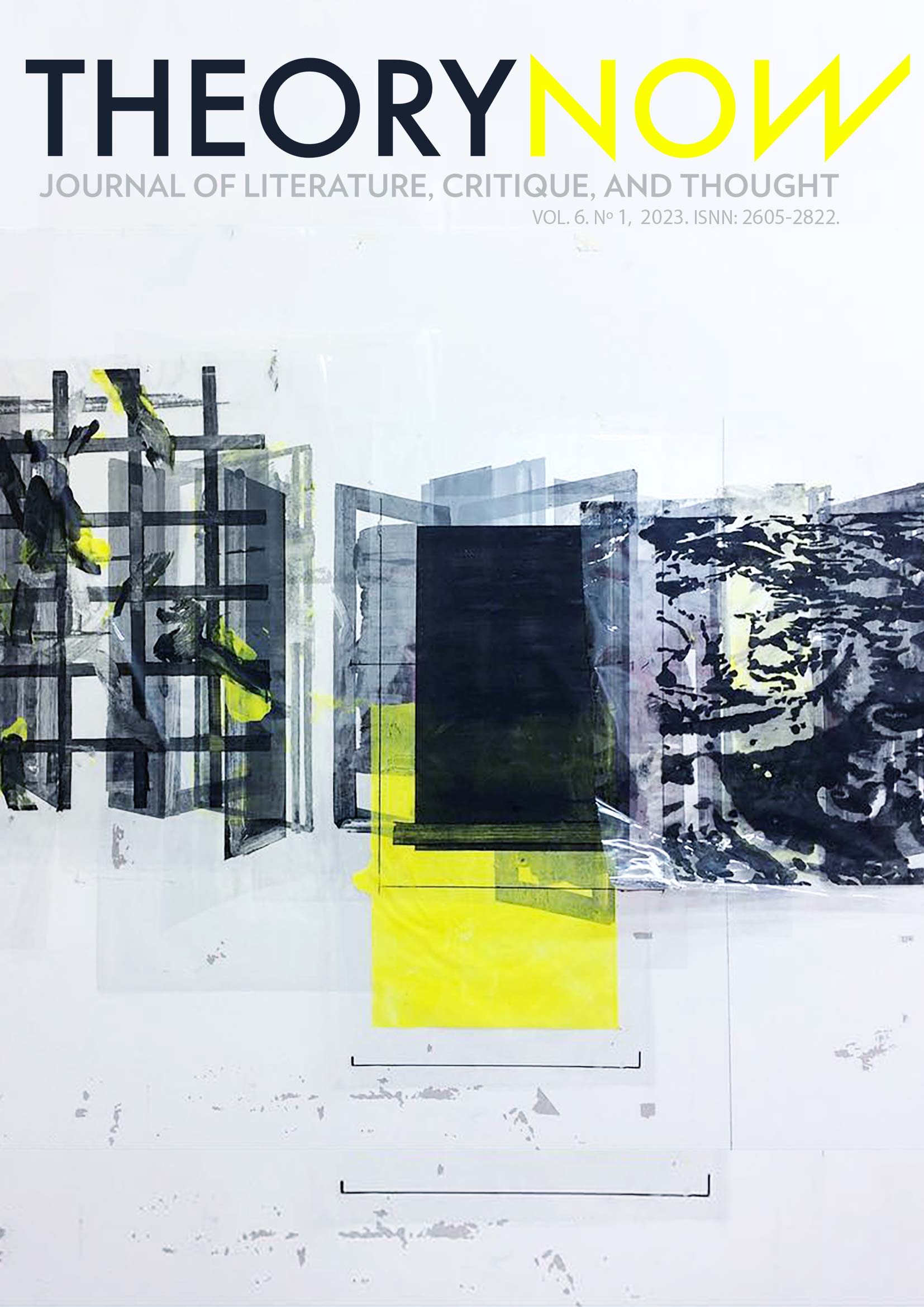S'occuper du génie parmi les sujets malades et handicapés
DOI :
https://doi.org/10.30827/tn.v6i1.26013Mots-clés :
Kristeva, Genius, Semiotic, Illness, DisabilityRésumé
In this article, I develop an account of genius inspired by Kristeva’s writings on feminine genius in order to argue that certain ill and disabled people should be considered geniuses in the face of social conditions and medical practices that too often marginalize, restrict, and silence them. In contrast to Kristeva’s notion of feminine genius, which relies on an Oedipal developmental story, I argue that we should understand genius as (1) the intimate revolt of (2) a singular subject who (3) occupies a marginalized social position and who, through their revolt, (4) creates a work. Conceiving of genius in this way, I contend, opens up the possibility of recognizing Kristevan genius from marginalized positions other than that of women while remaining true to Kristeva’s account of the intimate. Having developed this account, I offer an example by suggesting that Susan Wendell is one such genius. Finally, I move on to argue that, by taking Kristeva’s theory of the semiotic seriously, we may discover genius among those with “severe cognitive disabilities,” and discuss Eva Kittay’s daughter, Sesha, as an example. My hope is that this concept may help us be attentive to the singular accomplishments of those who face exclusion and silencing as a result of illness or disability.
Téléchargements
Références
Beauchamp, Tom, and James Childress. Principles of Biomedical Ethics. New York, Oxford University Press, 2001.
Bunch, Mary. “Julia Kristeva, Disability, and the Singularity of Vulnerability”. Journal of Literary & Cultural Disability Studies, vol. 11, no. 2, 2017, pp. 133-150.
Cudd, Ann E. Analyzing Oppression. New York, Oxford University Press, 2006. Dohmen, Josh. “Disability as Abject: Kristeva, Disability, and Resistance”. Hypatia, vol. 31, no. 4, 2016, pp. 762-778.
Engebretsen, Eivind. “Evidence-Based Medicine and the Irreducible Singularity of Be- ing: Kristeva’s Contribution to the Medical Humanities”. The Philosophy of Julia Kristeva, edited by Sara G. Beardsworth, Chicago, Open Court, 2020, pp. 671-687.
Frye, Marilyn. The Politics of Reality: Essays in Feminist Theory. Berkeley, Crossing Press, 1983.
Gambaudo, Sylvie. “Julia Kristeva, ‘Woman’s Primary Homosexuality’ and Homopho- bia”. European Journal of Women’s Studies, vol. 20, no. 1, 2013, pp. 8-20.
Grue, Jan. “Rhetorics of Difference: Julia Kristeva and Disability”. Scandinavian Journal of Disability Research, vol. 15, no. 1, 2012, pp. 45–57.
Hall, Melinda C. “Patient Interpretation: Kristeva’s Model for the Caregiver”. New Forms of Revolt: Essays on Kristeva’s Intimate Politics, edited by Sarah K. Hansen and Rebecca Tuvel, Albany, SUNY Press, 2017, pp. 107-125.
Irigaray, Luce. This Sex Which Is Not One, translated by Catherine Porter with Carolyn Burke. Ithaca, Cornell University Press, 1985.
Keltner, S.K. Kristeva: Thresholds. Malden, Polity, 2011.
Kittay, Eva. Love’s Labor: Essays on Women, Equality, and Dependency. New York,
Routledge, 1999.
Kristeva, Julia. The Sense and Non-Sense of Revolt, translated by Jeanine Herman. New York, Columbia University Press, 2000.
____. Hannah Arendt, translated by Ross Guberman. New York, Columbia University Press, 2001.
____. Intimate Revolt, translated by Jeanine Herman. New York, Columbia University Press, 2002.
____. Colette, translated by Jane Marie Todd. New York, Columbia University Press, 2004.
____. Hatred and Forgiveness, translated by Jeanine Herman. New York, Columbia University Press, 2010.
____. “A Tragedy and a Dream: Disability Revisited”. Irish Theological Quarterly, vol. 78, no. 3, 2013, pp. 219-230.
Schippers, Birgit. Julia Kristeva and Feminist Thought. Edinburgh, Edinburgh University Press, 2011.
Wendell, Susan. The Rejected Body: Feminist Philosophical Reflections on Disability. New York, Routledge, 1996.
Young, Iris Marion. Justice and the Politics of Difference. 1990. Princeton, Princeton University Press, 2011.
Téléchargements
Publié-e
Versions
- 2023-01-28 (2)
- 2023-01-28 (1)
Comment citer
Numéro
Rubrique
Licence
Theory Now Journal of Literature, Critique, and Thought est une publication d’accès ouvert, immédiat et totalement gratuit pour les lecteurs autant que les auteurs. Les auteurs ne payent aucun frais pour le processus éditorial de leurs articles. Nous permettons la lecture, le téléchargement, la copie, la distribution, l’impression, la recherche, le lien ou la réutilisation de tous les travaux publiés à des fins non commerciales, à condition que l’auteur, la revue et l’entité éditoriale soient cités. La diffusion des articles dans les réseaux sociaux (Facebook, Twitter, LinkedIn, etc.) et scientifiques (ResearchGate, Academia.edu, etc.), les dépôts institutionnels universitaires et autres dépôts publics, blogs et web personnels ou institutionnels, Google Scholar, ORCID, ResearchID, ScopusID, etc., est vivement recommandée. Dans tous les cas, la propriété intellectuelle des articles et les possibles droits économiques dérivés d’eux sont conservés exclusivement par leurs auteurs.













